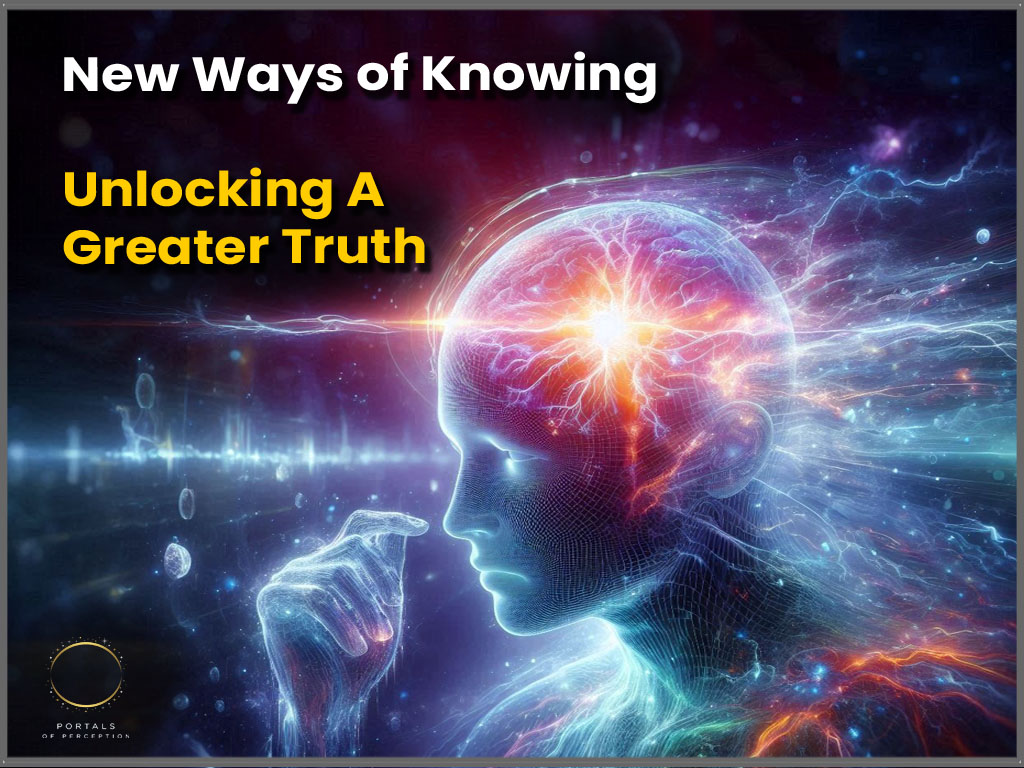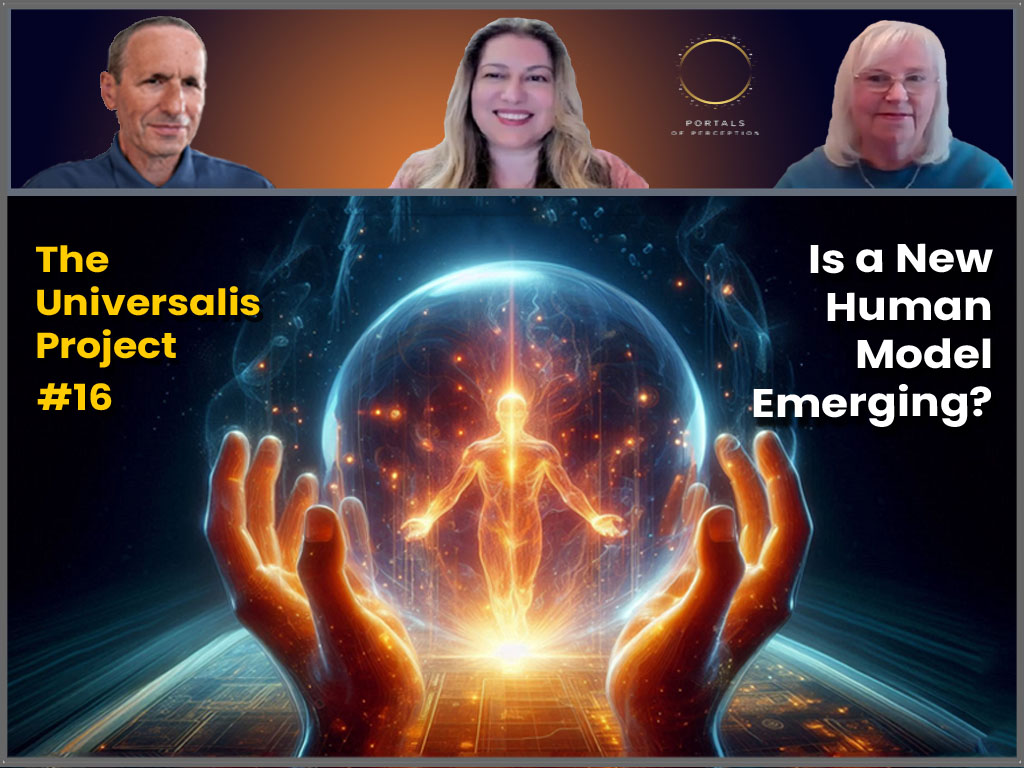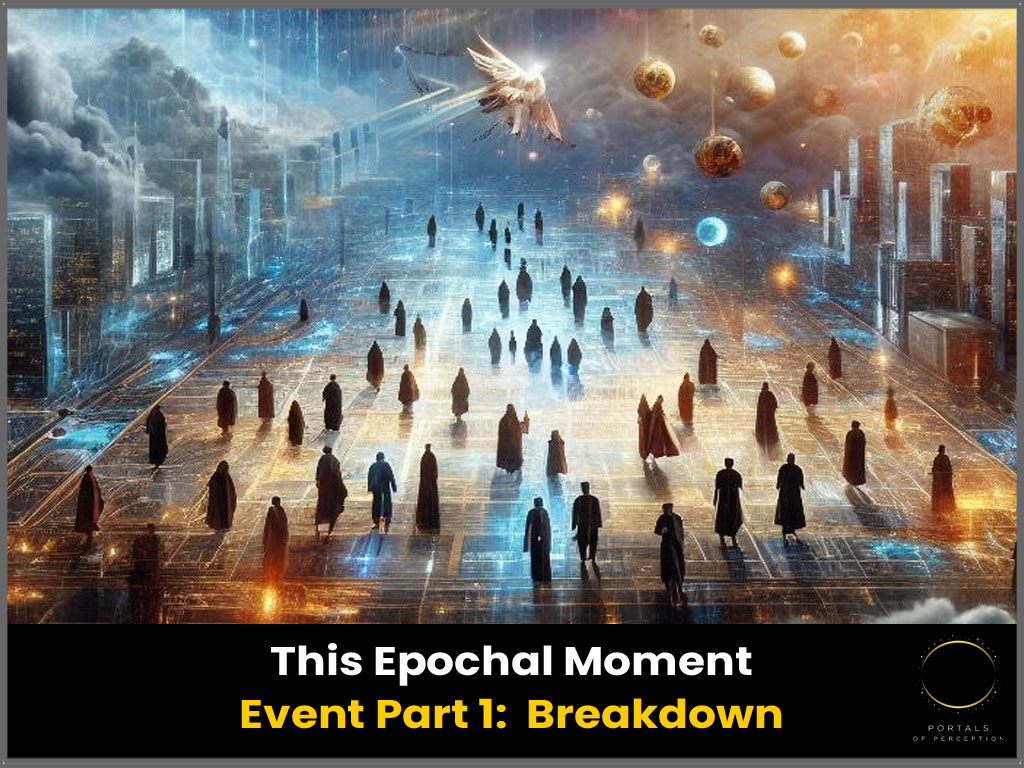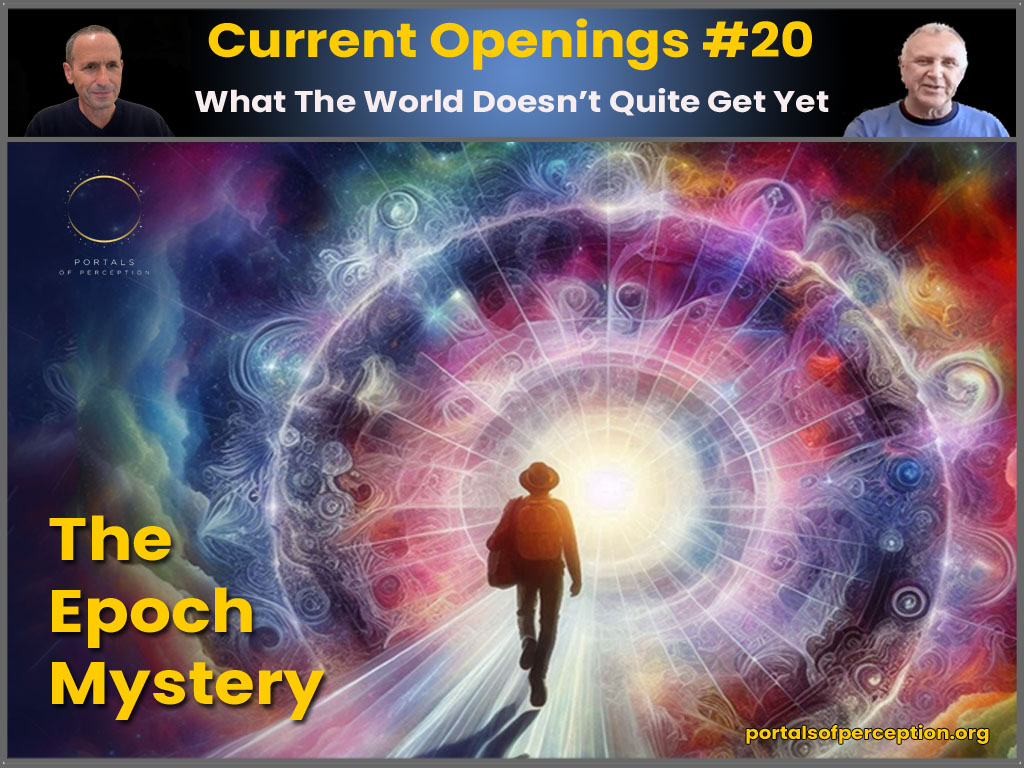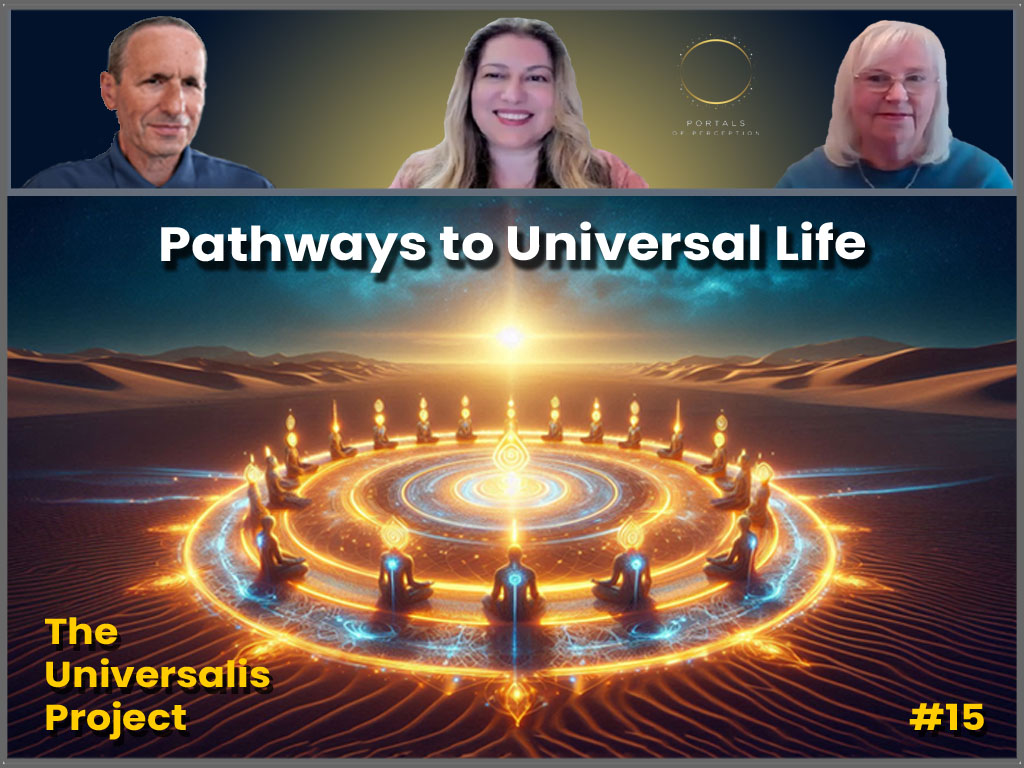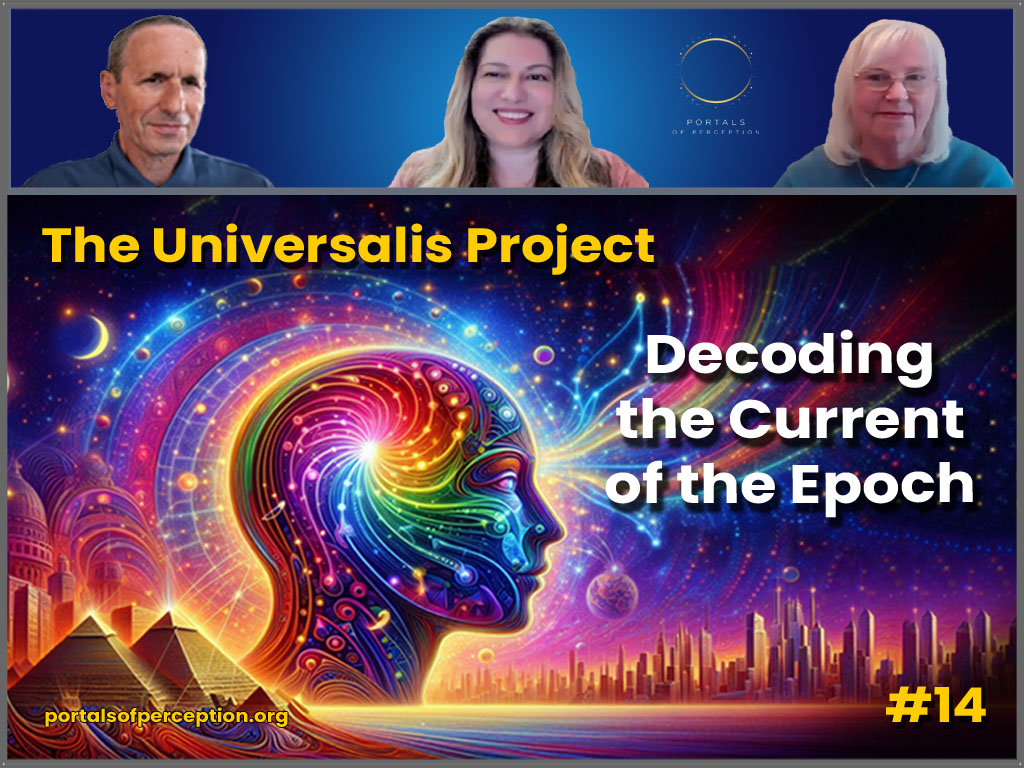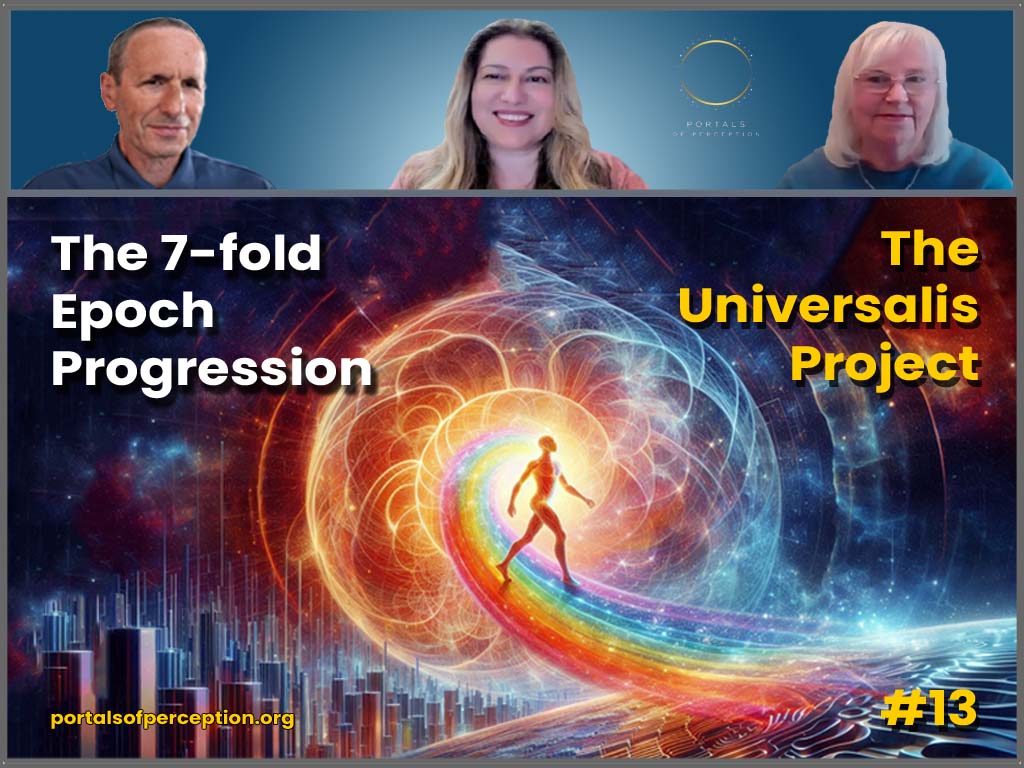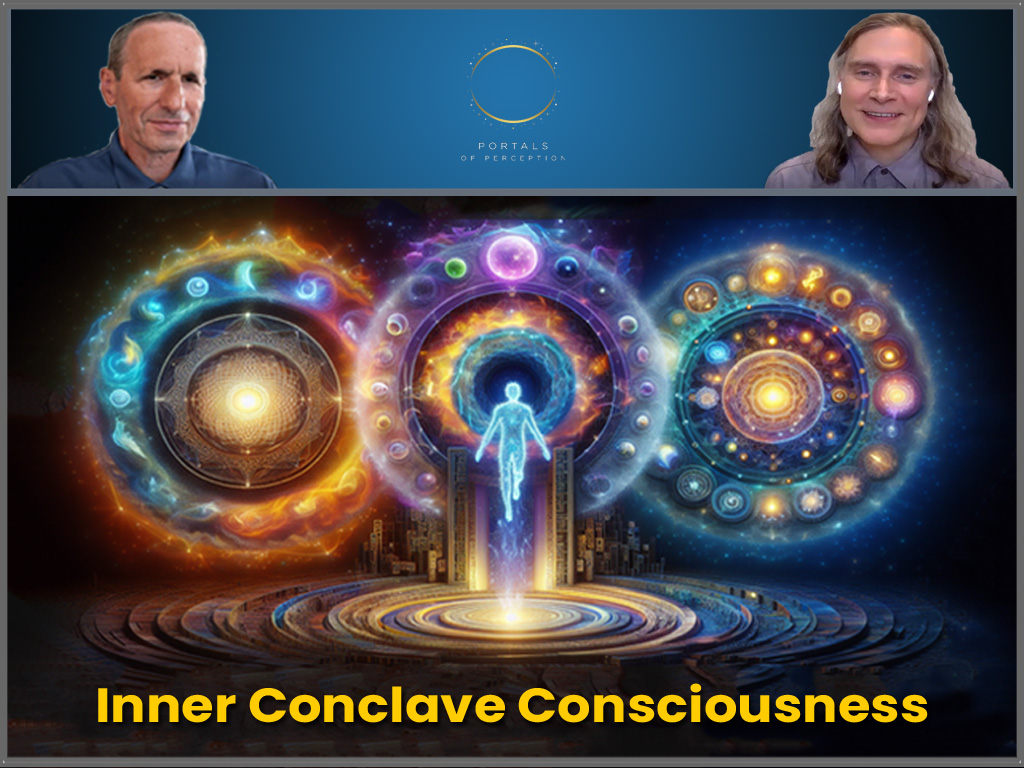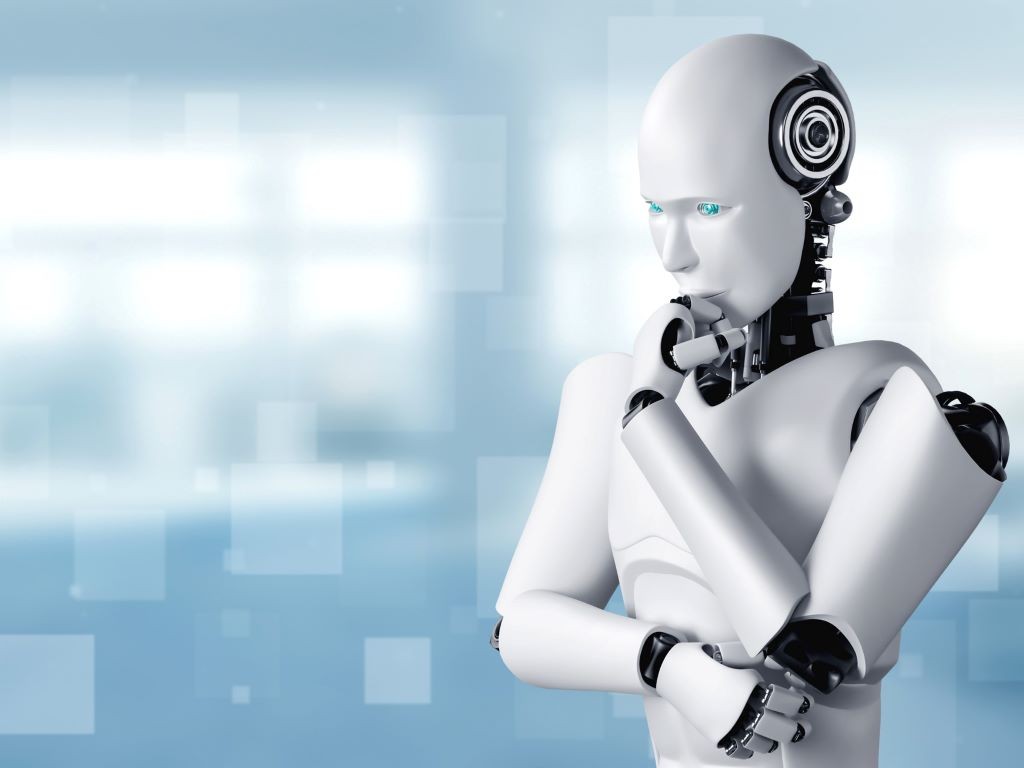
As we explore the future frontiers of artificial intelligence, beginning from the traces of the last 60 to 70 years of the computing revolution to the advent of the internet, we can observe its progression has been anything but linear. It appears as though nothing much is going on, and then something seems to disrupt its development in a major way.
Are we nearing an inflection point now where AI is about to over-deliver on its potential with a surprising and significant leap forward? Or is AI, as some experts believe, still a high-velocity pattern recognition kind of an engine and not seriously approaching more of the intuitive human capacity to perceive and create?
In this conversation, Aviv Shahar and two global researchers on the leading edge of technology development explore the evolution of artificial intelligence and its implications for the evolution of humanity.
My concept is to understand how the mind could become so intelligent. How have we evolved to this level? If we get that knowledge and put it into the machine, now I claim that we have evolved by jumping across the species from biological to metallic.



